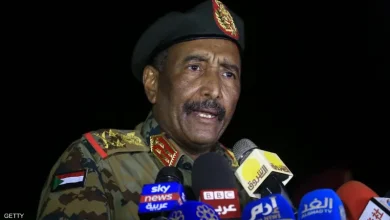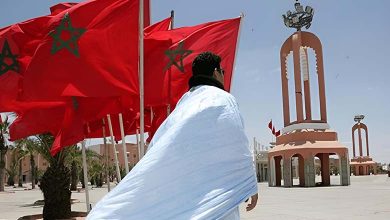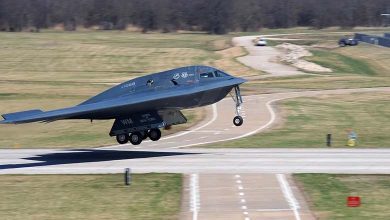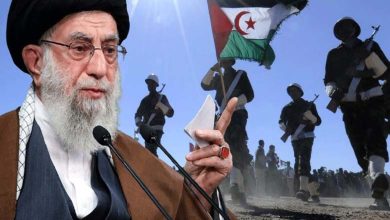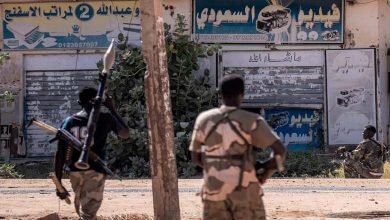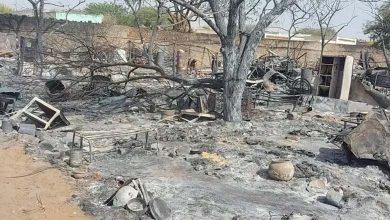Speculation about whether Erdogan will remain in power
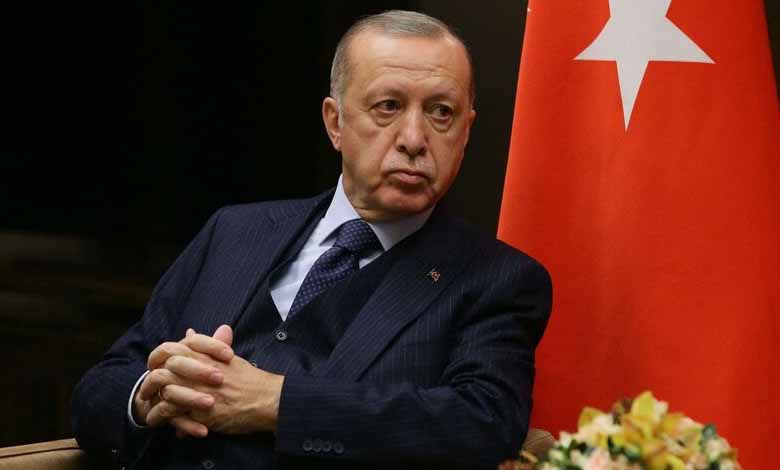
Speculation is mounting as to whether Turkey’s ailing economy could see President Recep Tayyip Erdogan lose in the presidential election set for June 2023, according to Alister Newton, a former British researcher and diplomat.
- Erdogan loses in the eastern and southern Mediterranean
- The President of Armenia criticizes Turkey about Nagorno-Karabakh conflict
Alister Newton said: “You can look at how long commentators expected us to be coming to an end. Even on the front page of my research, I found a leading magazine which claimed in July 2019 that its “control” was “ending“.
“The Turkish economy is mired in deep trouble, at least partly because Erdogan has prioritized GDP growth at the expense of economic stability”.
The British diplomat added in an article published on Arab Digest that despite the World Bank’s estimates that “economic turmoil” has thrown 1.5 million Turks into poverty over the past three years, and despite the fact that inflation still exceeds wage growth, Erdogan shows no sign of distancing himself from his old economic beliefs.
This raised many questions, including which politician would rule if Erdogan lost the election. He said: “But I suggest that we leave this matter for another day and focus on what it could do by election day to ensure a new mandate and what it would mean for the whole region”.
- Erdogan to Yemeni brotherhood: You’re not welcome in Turkey
- Erdogan’s cronies takes over the government tenders
He added: “I am not alone in thinking that Erdogan is determined to hold on to power. For example, in a Nov. 1 article in the Financial Times, Laura Betel quoted an (unnamed) European diplomat as saying: How many despots do you think have resigned?“.
However, he disagreed with those who speculated that he might cancel the elections. He said: “I expect him to resort to his established pattern of beating the drums of patriotism by claiming that third countries are seeking to overthrow him, consistent with his recent reaction to a routine appeal from NATO ambassadors (and others) that came in support of the 2019 European Court of Human Rights ruling on the case of businessman and philanthropist Osman Kavala“.
Alister Newton predicted that Halk Bank would be one of the points of contention that Erdogan may look forward to exploiting. He lost his appeal last month and faces trial in the US for allegedly helping Iran evade sanctions. The conviction will undoubtedly strike a chord anyway because the Turkish government is the biggest stakeholder. But even worse, it could pose a systemic risk to the entire Turkish banking system in the run-up to the 2023 elections.
“The logic suggests that Ankara should seek some kind of political agreement with Washington to try to avoid it (some commentators believe)”. Yet electoral politics may create obstacles to such a move. The administration may not respond appropriately to the Turkish president for several reasons.
First, Erdogan has proven to be a consistently difficult “ally” of the United States – and it is difficult to imagine any successor with whom relations will not be easier.
Second, his authoritarian tendencies conflict with President Joe Biden’s pro-democracy agenda.
Third, for domestic political reasons, the US president may not want to be seen leaving sanctions violators in a bind while looking to revive the JCPOA.
According to the author, there are some risks at this point
- Turkish opposition leader uses Netflix tweet to attack Erdogan
- Ataturk’s complex.. Where is Turkey heading with Erdogan?
First, Erdogan may decide, rightly or wrongly, that a US failure to strike a deal that would halt actions against the Halk Bank amounts to a calculated attempt to overthrow him.
“Second, he may offer past explicit hints that he may pull his country out of NATO, especially if the ban on Turkish F-16s continues and Ankara remains at loggerheads with NATO partners over the eastern Mediterranean… He then finds himself forced to do so regardless of whether he really wants to”.
That did not mean, however, that Turkey would move irreversibly out. Article 13 of the agreement requires a one-year grace period after formal notice of withdrawal and it seems likely that, if Erdogan loses the election, his successor will seek to reverse course.
Alister Newton wondered: But what if Erdogan manages to secure another term? He then commented: A withdrawal could be considered again, something other NATO members would or might not agree to. “Yet given his growing closeness to President Vladimir Putin despite Russian-Turkish differences over Armenia, Azerbaijan, and Libya, he may instead decide to forge closer alliances with Moscow“. Shortly before his September meeting with Putin, he described Russian-Turkish military cooperation as “of the utmost importance”. “There are also signs that Turkey’s partners in the Astana process on Syria – also Russia and Iran – may be about to accept a Turkish proposal to extend these approaches to the South Caucasus”.
“The British researcher noted that the prospect of further integration between the trio would inevitably create a stir across the Arab world, particularly in Saudi Arabia and the United Arab Emirates, both of which are trying to mend relations with Turkey“. America’s approach to Asia makes President Biden hesitant to pay a mix of attention to the region and may simply decide to let Erdogan and his new friends stay the course.



